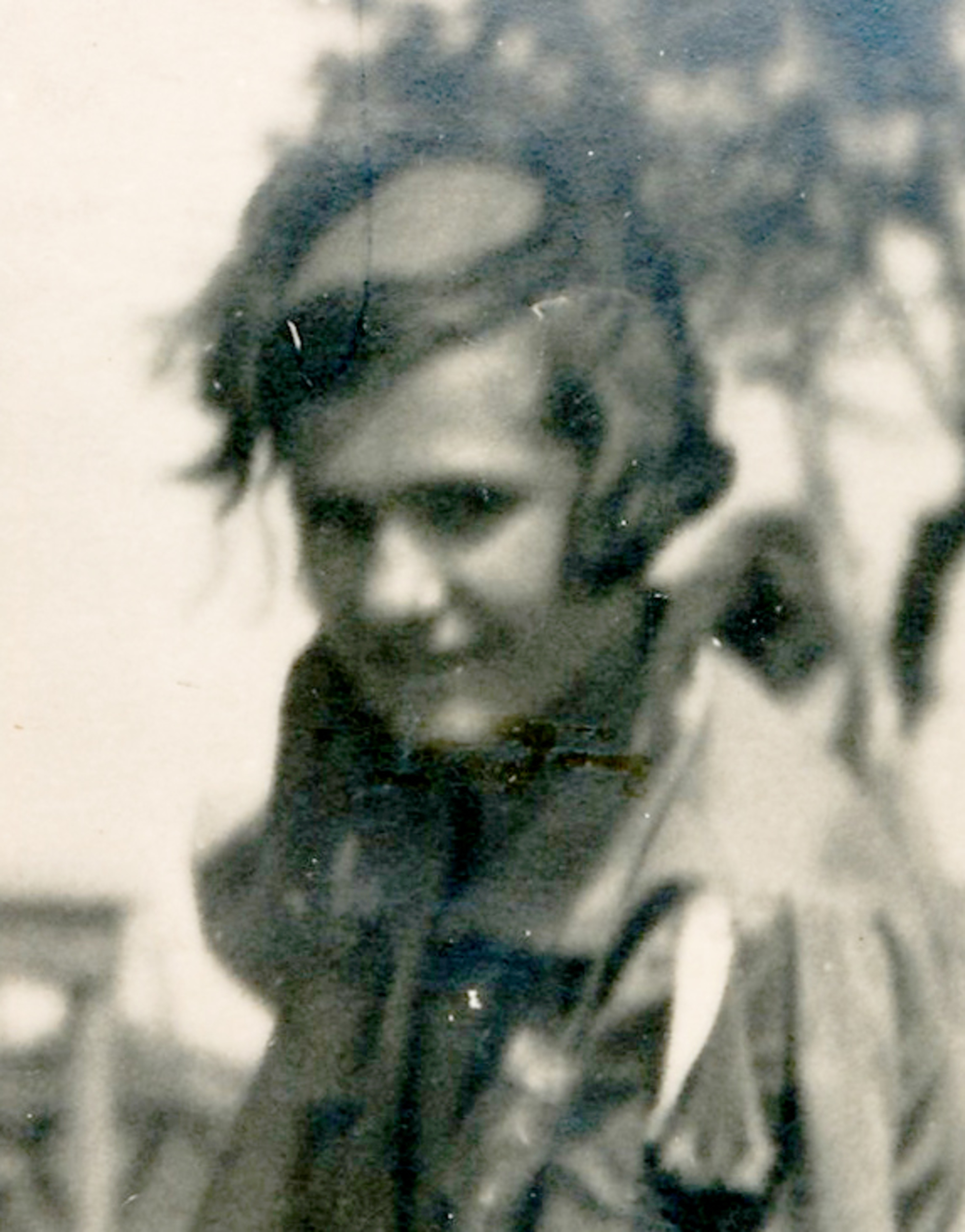The SOS children‘s villages were destroyed by the communists after the occupation in 1968

Stáhnout obrázek
Marta Zelenková, née Ledvinová, was born on May 14, 1923 in Prague and grew up as an only child. Father Antonín Ledvina supported the family as a manufacturer of bandages and orthopedic aids. She grew up in a poor house in Štefánikova street, later the family moved to Podolí. They were active in Scouting, the witness joining the 2nd Girls‘ Troop in 1936. The following year she participated in the 5th World Scout Jamboree in Holland and maintained contact with many of the participants through correspondence throughout her life. In the years 1935-1942 she studied at the real gymnasium in Vodičková Street. Because the universities were closed, she completed a two-year health and social school and in 1944 joined the anti-tuberculosis clinic. She remembers the Jewish scout Zuzu Hofmann, who perished in Auschwitz, her uncle Josef Kápar, who survived six years of imprisonment in Buchenwald and Dachau, as well as the bombing of Prague in February 1945. From October 1945 to 1968, she worked as an ordinary clerk at the Ministry of Health in department of care for women and children and was involved in the establishment of SOS children‘s villages. The managing association disappeared for political reasons two years after the arrival of the occupiers, and Marta Zelenková then joined the Ministry of Labor and Social Affairs, where she worked until her retirement in the Department of Family and Child Welfare. She was never a member of the Communist Party of the Czech Republic and was not involved in politics; during her life she made short visits to France, Norway and the USA. After the last trip, the state police offered her cooperation, but she refused. She lived in a childless marriage from 1949, in the 1960s she took twelve-year-old Lída into foster care from a children‘s home.







